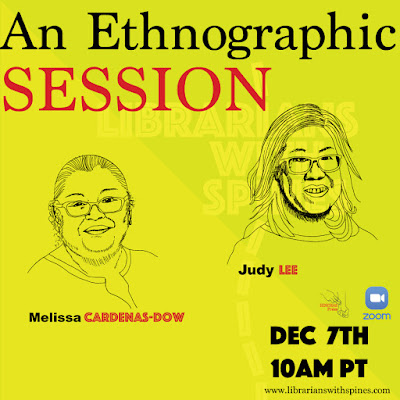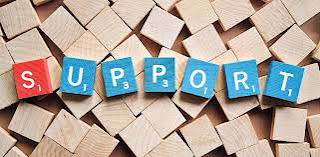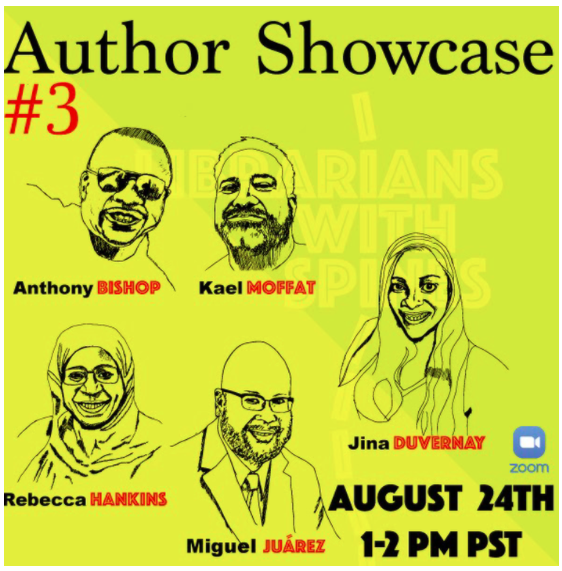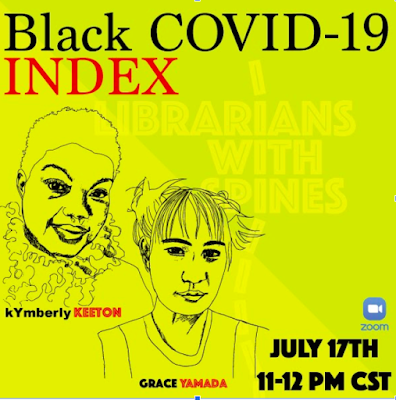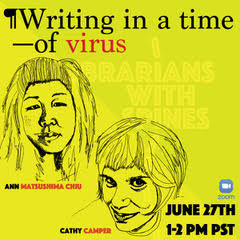[ Please share widely!] Librarians with Spines and Hinchas Press recognizes that the BIPOC and other oppressed library workers might be feeling stressed about the election, quarantine, the economy or other aspects that are the result of the times we are experiencing. We wish to offer support, empathy and strength to library workers and others who may feel the need for such support by providing a space for YOU! If you are not a bigot, you are hereby invited to our Election Day and Post Election Day support sessions. So, please join Librarians with Spines and Hinchas Press for a special Election Day Support session from 3-5 pm PST. You can just come and talk, lurk, cry, give support, laugh, sing, or anything else you might want to do that is supportive and positive. Session 1 Here are the meeting details: When Tue Nov 3, 2020 3pm – 5pm Pacific Time - Los Angeles Joining info Join Zoom Meeting portlandcc.zoom.us/j/ 99553357818... (ID: 9...
